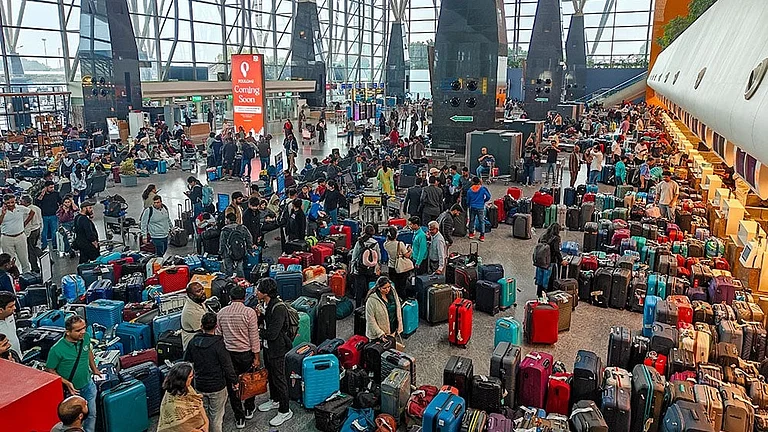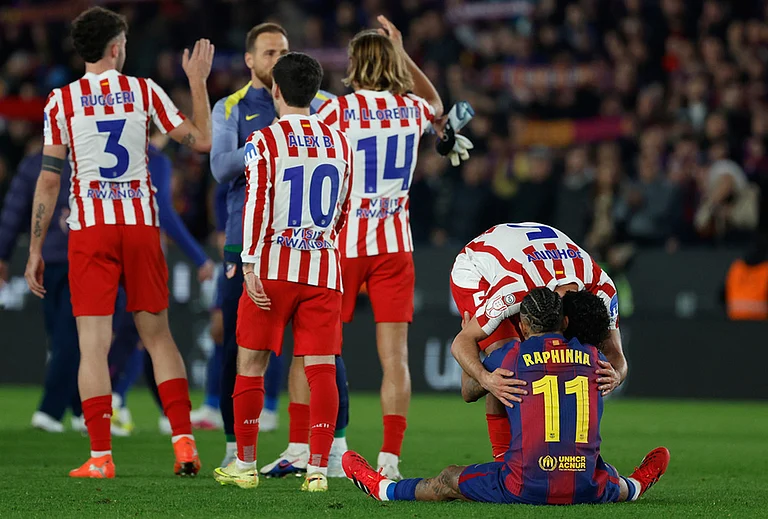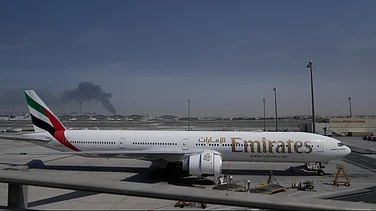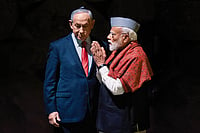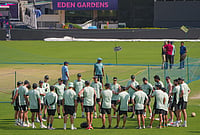The street protests that finally sent the Rajapaksa clan packing were the result of a united struggle by the people of Sri Lanka. Sinhalese, Tamils, and Tamil-speaking Muslims across the island were on the same page on getting rid of the ruling family. As the majority community, the Sinhalese naturally outnumbered the rest. But there was spontaneous participation from the Indian-origin tea garden Tamils as well as a large number of Muslims who had suffered immensely since the 2019 Easter bombings. Many in the divided island nation rejoiced at this new and invigorating unity in a nation fractured by ethnic violence.
"A remarkable thing came out of all the suffering of the Sri Lankan people over the past few months. It united them across ethnic, religious and class divides in their despair, with their living standards taking a steep dive as the government mangled the economy’’ columnist Sanja de Silva Jayatilleka wrote for the Colombo Telegraph in a piece titled United we Stand in early April.
"They stood most united in their anger and frustration against what they saw as the primary source of their sudden plunge into misfortune and pointed their collective finger at the President, to whom they suggested, not so politely, that he had to go,’’ she wrote. One of the major takeaways from the protest movement was the participation of all sections.
Will this euphoria over coming together of people lead to a radical transformation of a divided nation? Will the majority of Sinhalese Buddhists be willing to consider that the rights of minorities living in the island state have to be protected? "It is difficult to say right now, whether ordinary people will once again fall prey to the machinations of political leaders as they did earlier. Much will depend on how the movement pans out finally,’’ said Ahilan Kadirgamar, a leading Lankan political analyst.
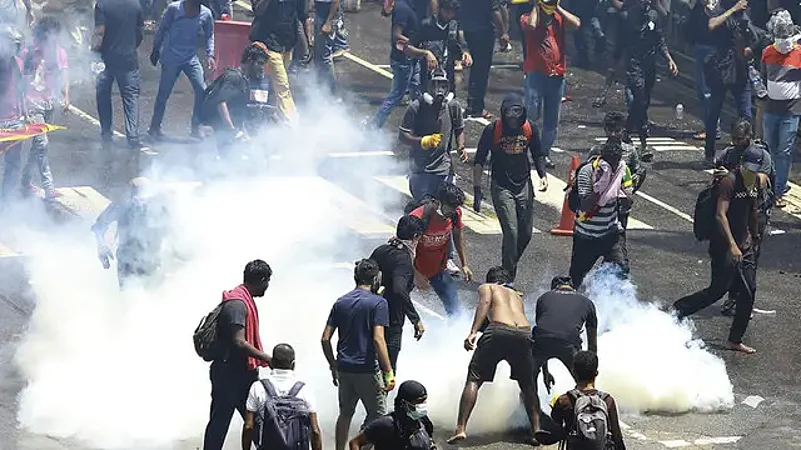
It is not certain whether the 13 Amendment to the Constitution will in future be implemented in full. Tamils have long been waiting for it. Over the years India has been asking successive governments in Colombo to do so. But at the moment the 13th Amendment which gives considerable autonomy to the Tamils within a united Sri Lanka, is not the priority. The focus is on the dire economic condition of the country and whether supplies of daily essentials are available at reasonable prices.
In the Tamil majority northern province, home to the once powerful separatist movement led by the Liberation Tigers of Tamil Eelam, was there support for the mass protests? Yes, because people were facing the same issues as the rest of the country. More so because the political class hated the Rajapaksa brothers and blamed them for atrocities committed during the last days of the military campaign that wiped out the LTTE leadership in 2009. While Mahinda Rajapaksa was the President then, his brother Gotabaya was the defence secretary and responsible for coordinating the war effort.
"People in the north and east are on the same wavelength as the rest of the country. Everyone is struggling to get petrol, cooking gas and daily essentials and blame Gotabaya Rajapaksa for their plight," said Ahilan Kadirgamar. "Tamil nationalists put their own spin into this and push their political line, but for ordinary people in the Northern Province it is the hard economic reality that is of concern,’’ he added.
Many Tamil nationalists are loudly proclaiming that the rest of the island needs to know that all through the civil war years, Tamils in the province suffered acute shortages of everything from petrol to cooking gas as well as essential supplies of medicines and other daily use items. The attitude in these circles now you know what we went through. But this as Kadirgamar pointed out is not the general view.




